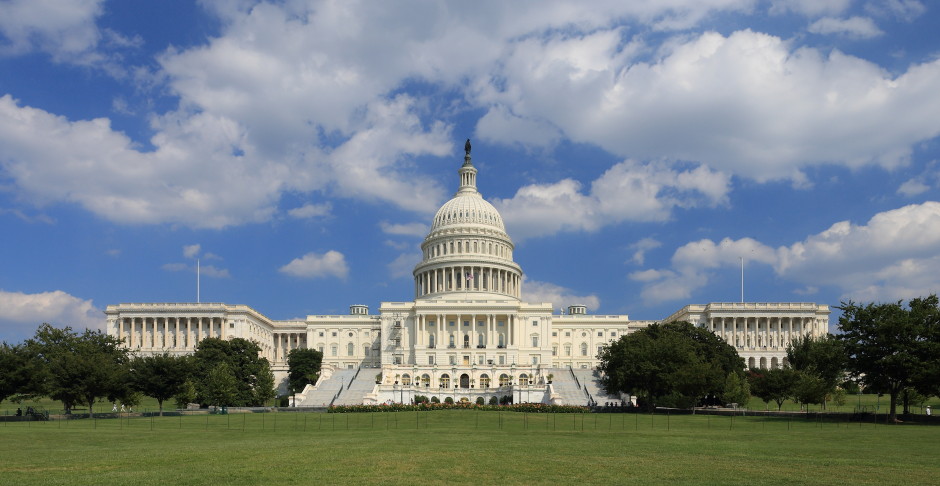The nuclear agreement signed by six world powers and Iran in July has split the American Jewish community institutionally and politically like no other event in memory.
Taking their cue from the Israeli government, major Jewish organizations and federations, as well as conservative and Orthodox Jews, have generally come out against it. Supporting it, in the main, are left-of-center groups and centrist and liberal Jews.
The lines drawn in the sand reflect longstanding electoral patterns. Jews who endorse the deal tend to be Democrats and Barack Obama loyalists. Jews who oppose it are usually Republicans averse to Obama’s agenda.
Historically, seven out of 10 Jews have cast their ballots for Democratic presidential candidates. In other words, up to three-quarters of American Jews likely support the agreement, which over the next 10 to 15 years is supposed to curb Iran’s nuclear program in exchange for sanctions relief.
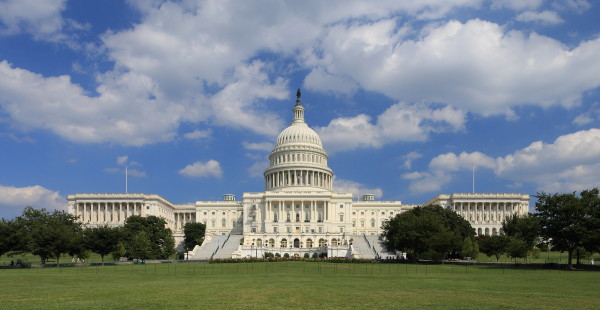
The fate of the agreement, insofar as the United States is concerned, will be decided in Congress, which has until September 17 to review it. A historic vote will then be taken by the Senate. The Republicans, having unanimously denounced the deal, will have no trouble killing it, since they hold a majority in both the Senate and the House of Representatives.
The real battle will be fought after the Republicans formally reject the deal and Obama tries to override Republican opposition by casting a veto. To ensure victory, he must win the backing of one-third of lawmakers.
With this in mind, Obama has launched a concerted campaign to convince at least 34 Democratic senators that the agreement is in U.S. interests and protects Israel’s security. Critics, encouraged by Israeli Prime Minister Benjamin Netanyahu’s utter rejection of the agreement, describe it as fatally flawed and say it should be rejected or revised.
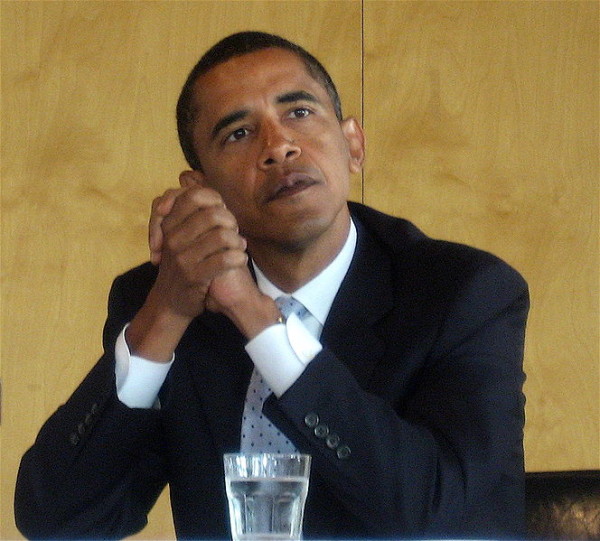
Not surprisingly, Obama has gone out of his way to court the 28 Jewish members of Congress, all of whom are pro-Israel. Broken down by party affiliation, 26 are Democrats, one is a Republican and the remaining one is an independent.
So far, 10 Jewish members of Congress have expressed support for the deal, seven oppose it and 11 are undecided.
Senator Charles Schumer (New York), probably the most influential Jew in Congress, announced his opposition on August 6, citing concerns that Iran will be free to build a nuclear arsenal after about a decade and that the inspection regime will be too weak to detect cheating by Iran.
On the same day, Eliot Engel (New York), the ranking Democrat in the House of Representatives’ Foreign Affairs Committee, disclosed he would vote against the agreement, joining fellow Democrats Nita Lowey and Steve Israel of New York, Brad Sherman of California and Ted Deutch of Florida.
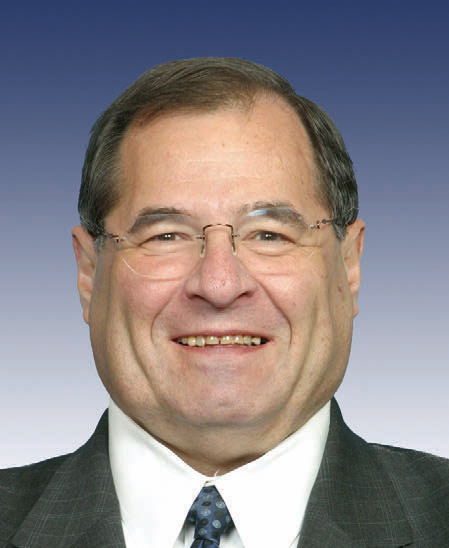
Representative Jerrold Nadler, however, endorsed it after coming under intense pressure from the White House. He thereby became the first and so far only Jewish Democrat from New York to back Obama. Nadler, whose district is populated by the largest concentration of Jews in the United States, acknowledged that the agreement is imperfect, but that it can block Iran’s pathway to a nuclear bomb.
Apart from Nadler, the Jewish Democrats who’ve lined behind Obama are Representatives Sander Levin (Michigan), Adam Schiff (California) and Jan Schakowsky (Illinois) and Senators Dianne Feinstein (California), Barbara Boxer (California), Bernard Sanders (Vermont), Al Franken (Minnesota), Brian Schatz (Hawaii) and Debbie Stabenow (Michigan).
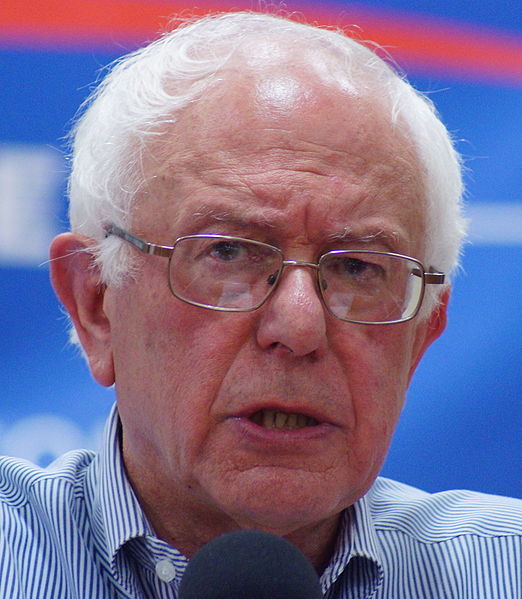
Among the undecided senators are Ron Wyden (Oregon), Ben Cardin (Maryland) and Richard Blumenthal (Connecticut).
Joe Lieberman, a former Democratic senator and the first Jew to be on a presidential ticket, has criticized the deal and become the new chairman of the United Against Nuclear Iran organization. Michael Bloomberg, the former mayor of New York City, is opposed, too.
As of this week, Obama seems well on his way toward winning sufficient congressional support for the agreement. Senate Majority leader Mitch McConnell, a Republican, has virtually conceded defeat, admitting that opinion in Congress is “stacked in the president’s favor.” House Democratic leader Nancy Pelosi has expressed confidence that Democrats will prevail.
According to the Reuters news agency, Obama needs seven more votes from Democrats to capture one-third of the 100-member Senate. In the House of Representatives, Obama would need the support of 146 members in the 435-member chamber. Sixty nine of its members already have endorsed the agreement.
In a bid to whip up support for the accord, Obama sent a letter to Congress on August 20 in which he promised to maintain economic pressure on Iran and leave a military option on the table should the Iranians violate the agreement and “dash toward a nuclear weapon.”
He has also pledged to upgrade Israel’s military capabilities and vowed to increase cooperation with Israel and Persian Gulf states to counter Iranian aggression in the Middle East.
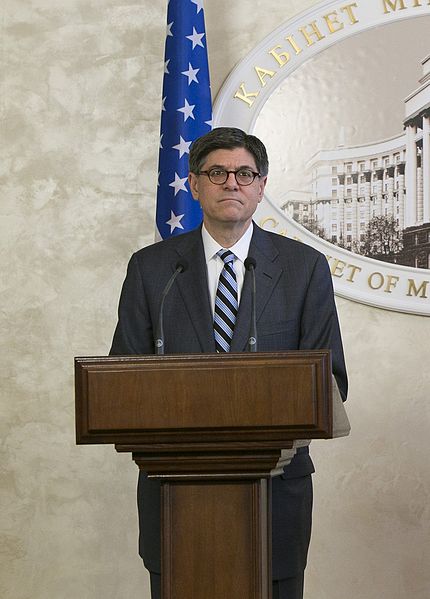
In a New York Times op-ed piece, Jacob Lew, the U.S. Secretary of the Treasury, claimed the agreement offers a “long-term solution to one of the most urgent threats of our time.”
Lew, who’s Jewish, added, “Without this deal, Iran, the world’s leading state sponsor of terrorism, would be less than 90 days away from having enough fissile material to make a nuclear bomb. The deal greatly reduces the threat of Iran’s nuclear program, making Iran’s breakout time four times as long, securing unprecedented access to ensure that we will know if Iran cheats and giving us the leverage to hold it to its commitments.”
Such arguments do not impress mainstream Jewish organizations like the American Israel Public Affairs Committee (AIPAC), the Anti-Defamation League, the American Jewish Congress and the American Jewish Committee. They all claim the agreement legitimizes Iran as a threshold nuclear power and will send tens of billions of dollars into its coffers to bolster its hegemonic policies in the Middle East.
J Street, the liberal version of AIPAC, supports the deal, as do 25 former Jewish communal leaders, including Thomas Dine, AIPAC’s former executive director. Three hundred and forty American rabbis, mainly from the Reform and Conservative streams of Judaism, have also endorsed it. Ninety eight leading figures in Hollywood have come out in favor of it, among them being Matthew Weiner, the creator of Mad Men, and Carolyn Strauss, the executive producer of Game of Thrones.
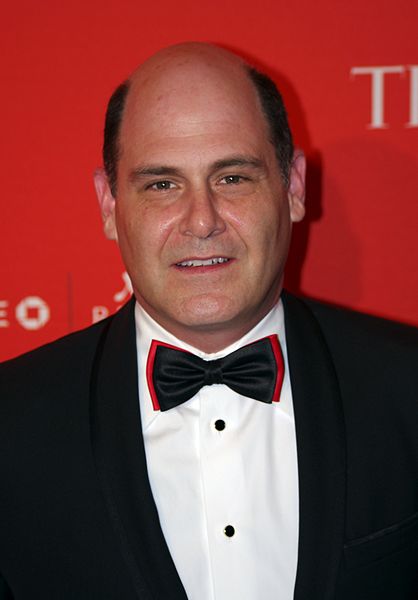
Public opinion surveys published recently by J Street and the Los Angeles Jewish Journal suggest that most American Jews support the agreement, but an analysis carried out by Brandeis University claims the polls are seriously flawed.
The clash between the Obama administration and AIPAC — the most powerful pro-Israel lobbying group in the country — has left bitter feelings on both sides and damaged Israel’s bilateral relationship with the United States.
Certainly, the current rift is the worst in U.S.-Israeli relations since Ronald Reagan sold reconnaissance planes to Saudi Arabia over Israel’s objections, George H. W. Bush cut off loan guarantees to Israel over its policy of building settlements in the occupied territories and Gerald Ford “reassessed” American ties with Israel after its initial refusal to withdraw from parts of the Sinai Peninsula.
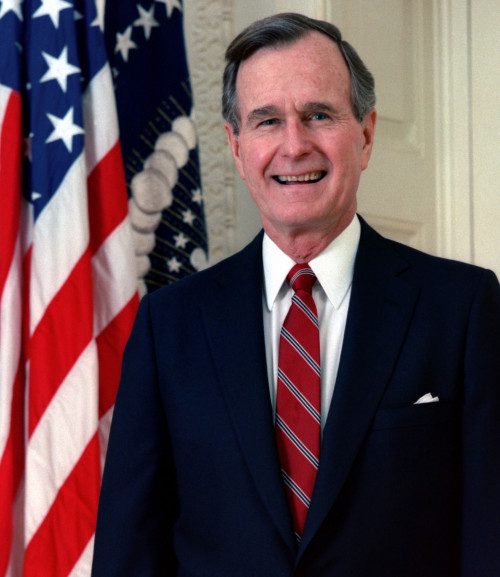
Meanwhile, as Israeli Defence Minister Moshe Yaalon indicated recently, Israel is still considering carrying out air strikes on Iran’s nuclear sites. If the agreement passes muster in the U.S. Congress, it’s extremely unlikely that Israel would resort to military means.
Netanyahu wanted to attack Iran in 2011 and 2012, but the chief of staff of the armed forces and some key cabinet ministers scuppered that option.
